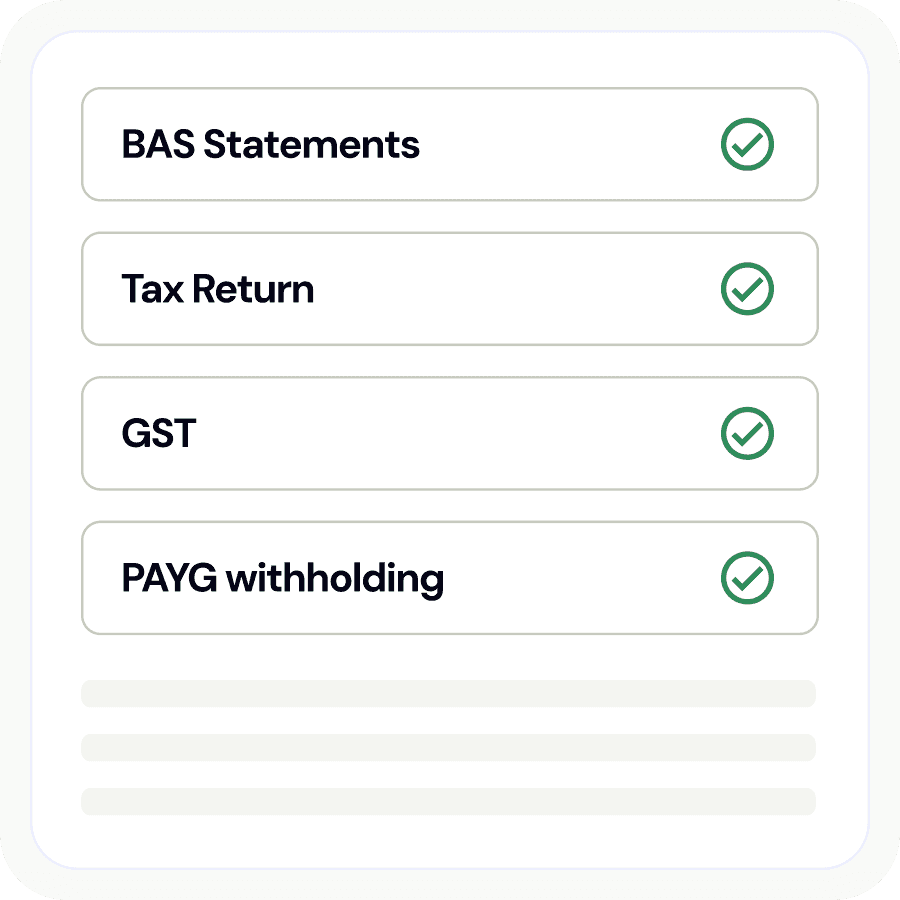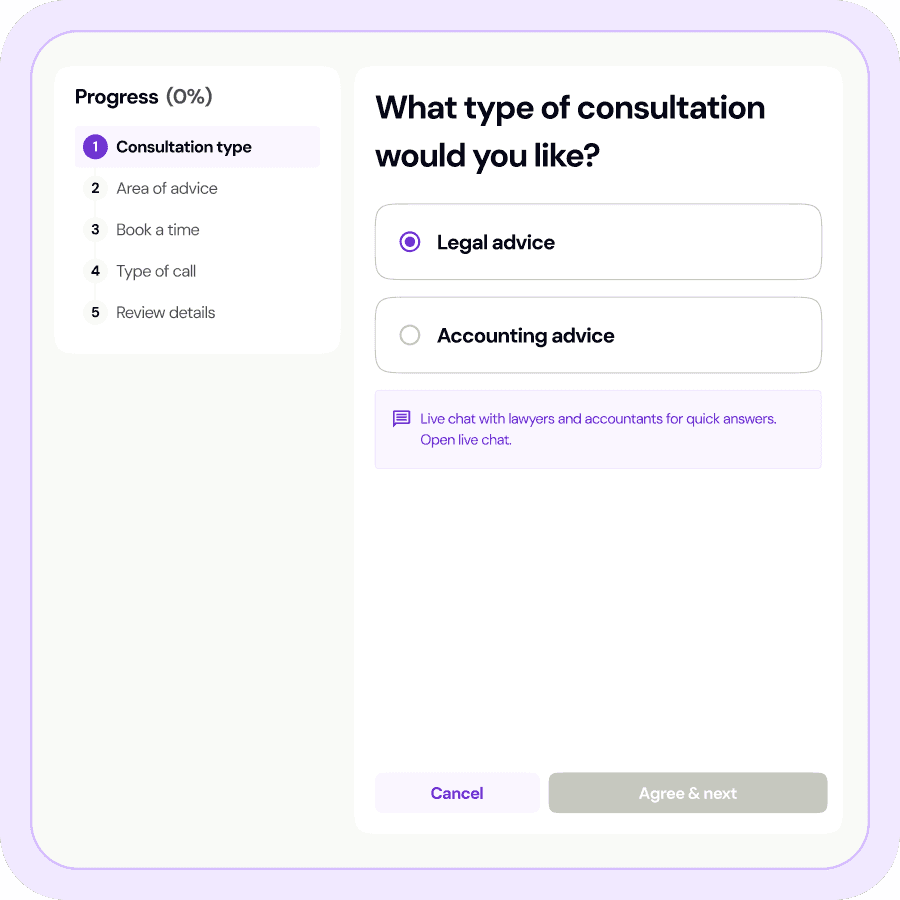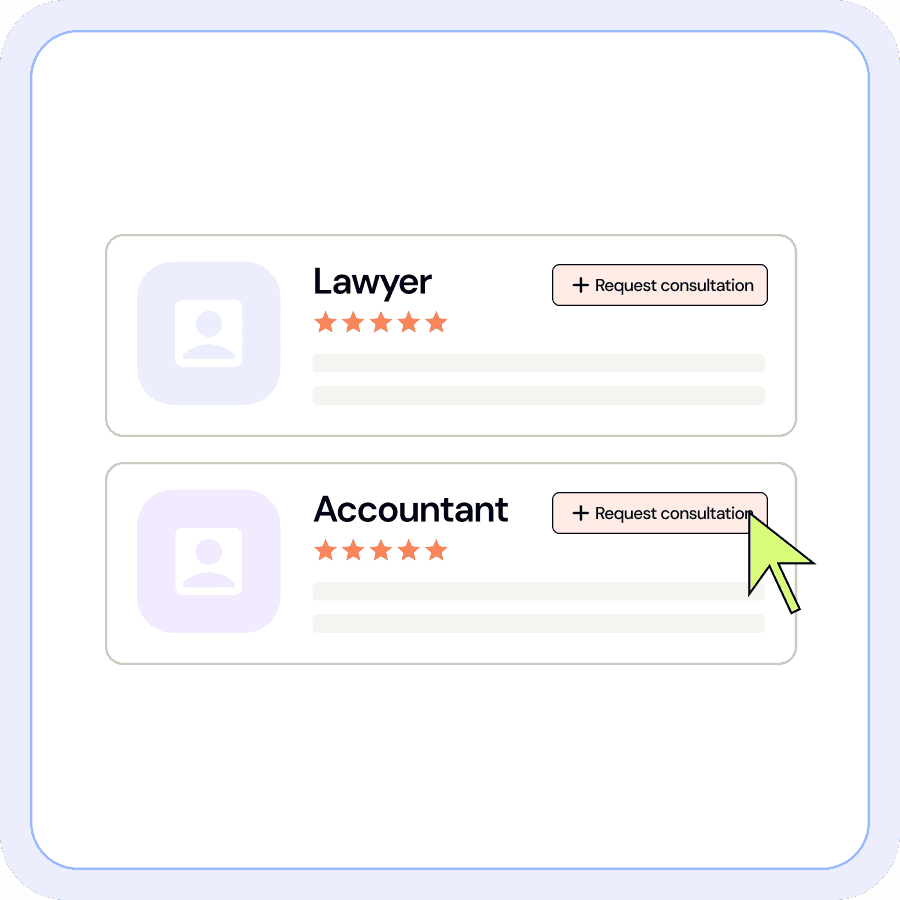Are you finding Business Activity Statement (BAS) reporting confusing? It can be difficult to know exactly what to include and what should be excluded from BAS. However, accuracy is crucial to compliance and avoiding penalties. As such, it’s critical to understand how to report your business’s financials and properly lodge BAS.
This guide will walk you through common exclusions from the BAS. As a business owner, this will help you effectively navigate your reporting obligations.
Table of Contents
Why are BAS exclusions important?
A Business Activity Statement (BAS) is a comprehensive summary of your business’s tax obligations, including Goods and Services Tax (GST), PAYG withholding, and other taxes.
However, you don’t need to report absolutely everything. Understanding BAS exclusions is equally important to know how to properly fill out and lodge BAS. This is because knowing what not to include helps you reduce the possibility of errors, allows you to focus only on relevant transactions, and ensures general compliance.
Remember, incorrect reporting can lead to significant penalties and complications with the Australian Taxation Office (ATO).
BAS exclusions: What’s not included in your BAS
This section will outline specific items and financial transactions that are excluded from your BAS, providing clarity on how to maintain accurate records and simplify your reporting responsibilities. Understanding these exclusions is key to effective BAS preparation and compliance.
Items not reported for GST purposes
When preparing your BAS, you’ll need to identify specific items that should not be reported for GST purposes. Understanding these exclusions helps simplify the reporting process and ensures compliance with ATO guidelines. This includes:
- Dividends and distributions
- Private expenses
- Input-taxed sales
Dividends and distributions
You should also exclude the dividends and distributions paid to shareholders, as they do not represent taxable sales under GST regulations.
Let’s say your company declares a dividend of AUD 2,000 to its shareholders. This payment should not be reported on your BAS. The ATO considers these transactions as returns on investment rather than business sales.
Private expenses
Expenses that are personal in nature should never be included in your BAS. Examples of private expenses include personal vehicle use for non-business purposes or personal travel costs.
For instance, if you use your business vehicle for a weekend trip with family, the associated fuel costs and accommodation expenses are personal, and you should not include these on your BAS. It’s essential to keep personal expenses separate from business transactions for accurate reporting.
Input-taxed sales
Certain sales are classified as input-taxed, which means that no GST is collected on these transactions. Examples of input-taxed sales include residential rental income and certain financial supplies.
For example, if you own a rental property and receive AUD 1,500 in rent from a tenant, this income is input-taxed. Although you report the total amount of income – including input-taxed sales – at label G1 Total Sales, you do not report or pay any GST in relation to these transactions.
Non-GST financial transactions
There are also several non-GST financial transactions that you don’t need to include on a BAS. These include:
- Loan repayments
- Borrowing costs
- Non-taxable government grants
Loan repayments
Payments made towards loans are considered non-GST transactions. Instead, they are simply the return of borrowed funds and do not represent a sale of goods or services.
Let’s say your business repays AUD 1,000 on a bank loan. Since this amount doesn’t involve GST, it should be excluded from your BAS reporting.
Borrowing costs
Similar to loan repayments, costs associated with borrowing funds are also non-taxable and should be excluded from your BAS. This includes interest payments on loans or fees paid to secure financing.
For instance, if your business incurs AUD 200 in interest charges for a loan during the reporting period, this expense is not subject to GST, which means you don’t need to include it on your BAS.
Non-taxable government grants
If you receive a government grant that doesn’t attract GST, you should omit this from your BAS reporting.
For example, if your business receives a non-taxable grant of AUD 5,000 to support operations during a challenging economic period, this amount should not be included in your BAS.
Understanding these GST and non-GST transactions that don’t need to be included in BAS is essential for effective BAS preparation. It can help you avoid errors in reporting and ensure compliance with ATO guidelines, ultimately leading to smoother financial management.
Practical tips for correctly identifying BAS exclusions
It can be challenging to identify what comes under BAS excluded and what should be reported. This section will give you some practical strategies to ensure compliance with ATO regulations.
Keep personal and business expenses separate
One of the most effective ways to avoid confusion when preparing your BAS is to maintain distinct bank accounts for personal and business finances. This separation helps prevent the accidental inclusion of personal expenses in your BAS.
For example, if you have a dedicated business bank account and credit card, it will be easier to track business-related transactions without mixing in personal expenses like groceries or family outings. You should also regularly review these accounts to make sure only relevant transactions are reported.
Consult with an accountant or BAS agent
It can be invaluable to get professional advice from an accountant or a registered BAS agent. They can clarify what should or should not be included in your BAS, and they can help you properly lodge your Activity Statements.
Let’s say that after reading this guide, you are still unsure whether a specific expense qualifies as a business deduction or if certain income should be reported. You can talk to an expert who can save you time and reduce the risk of errors. They can also assist in identifying potential exclusions that you might overlook.
Use accounting software for accuracy
Professional accounting software is a great tool for accurate BAS preparation. Many accounting platforms offer features that suggest transactions based on predefined rules, making it easier to identify excluded items.
For example, in software like Xero or MYOB (check out our partner offer with them) you can flag personal expenses or non-GST transactions. Additionally, once you have categorised your transactions, this software can generate a report that summarises your GST obligations for a particular period. Try implementing these strategies to significantly reduce errors in your BAS lodgement. By keeping personal and business expenses separate, consulting with professionals, and leveraging technology, you can streamline the BAS preparation process and maintain compliance with ATO guidelines.
Consequences of incorrect BAS reporting
Remember that incorrectly reporting items on your BAS can lead to serious consequences.
- Penalties: The ATO imposes penalties for late lodgements or false statements. For example, if you submit late, your business may incur fines starting at AUD 330. These can escalate depending on the duration of the delay.
- Audits: Misreporting can trigger audits by the ATO, which can be time-consuming and stressful for your business.
- Financial repercussions: Incorrect reporting may result in you overpaying or underpaying taxes. This could seriously impact cash flow and overall financial health.
To avoid these issues, ensure that you thoroughly review your submissions and consult professionals when necessary.
FAQ
What are BAS exclusions?
BAS exclusions refer to specific items or transactions that you should not include in your Business Activity Statement (BAS) to ensure accurate reporting and compliance with Australian tax regulations.
Can I include personal expenses in BAS?
No, personal expenses must be kept separate from business expenses and should not be reported on your BAS.
What happens if I report excluded items in BAS?
Reporting excluded items may lead to penalties or audits from the ATO due to inaccurate information provided in your BAS.
Are input-taxed sales part of BAS?
Input-taxed sales are exempt from GST – although they should be included in your BAS as part of total sales at G1, they do not attract GST, and no GST should be reported as part of these transactions.
Final thoughts
Effective tax compliance starts with proper reporting. BAS lodgement is a crucial process for businesses to fulfill their ATO obligations, and proper reporting is essential.
While you need to understand what to report on BAS, it’s equally critical to know BAS exclusions. We hope that this guide will equip you with the information you need to ensure compliant BAS reporting.
Still need help? Lawpath is here to help you ensure business tax compliance through registered BAS agent services and tailored legal and accounting advice.










